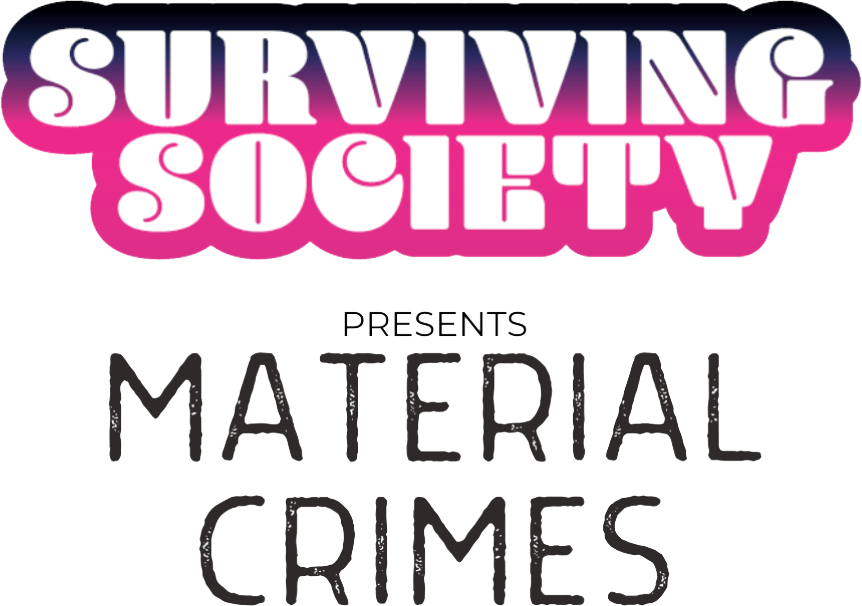Gaslighting Tengratila

In 2005 blowouts occurred at Bangladesh’s Tengratila gas field operated by Canada’s Niko Resources Ltd. Toxins leached into the surrounding environment, devastating local habitats. Niko pled guilty to bribery charges related to Tengratila in 2011, but it had already sued Bangladesh’s government for losses at an international arbitration tribunal. What the hell is international corporate arbitration? The opaque legal wranglings of this case reveal the invisible infrastructure of international investment law, its colonial inheritances, and how companies shirk criminal liability for corporate negligence and corruption. Paul Gilbert, this episode’s host, speaks to leading Global South arbitrator and academic Muthucumuraswamy Sornarajah, legal scholar Gus van Harten and Catherine Coumans from Mining Watch Canada.
Useful Links
Bangladesh Working Group on Ecology and Development:
www.bwged.blogspot.com
ISDS Platform: Resources for Movements: www.isds.bilaterals.org
National Committee to Protect Oil, Gas, Mineral Resources, Power and Ports:
www.ncbd.org
www.bwged.blogspot.com
ISDS Platform: Resources for Movements: www.isds.bilaterals.org
National Committee to Protect Oil, Gas, Mineral Resources, Power and Ports:
www.ncbd.org
Further Reading
Paul Robert Gilbert. “National Resources, Resistance, and the Afterlives of the New International Economic Order in Bangladesh,” International Development Policy, 12 June 2023.
Kamal Hossain. “Permanent Sovereignty over Natural Resources,” in Legal Aspects of the New International Economic Order, pp. 33-43 (London: Bloomsbury Academic Collections, 1980).
Frederico Ortino. “The Public Interest as Part of Legitimate Expectations in Investment Arbitration: Missing in Action?” in Charles Brower et al. (eds), By Peaceful Means: International Adjudication And Arbitration (Oxford: Oxford UP, 2022).
Muthucumuraswamy Sornarajah. “On Fighting for Global Justice: The role of a Third World International Lawyer,” Third World Quarterly 37:11 (2016), pp. 1972–1989.
Kamal Hossain. “Permanent Sovereignty over Natural Resources,” in Legal Aspects of the New International Economic Order, pp. 33-43 (London: Bloomsbury Academic Collections, 1980).
Frederico Ortino. “The Public Interest as Part of Legitimate Expectations in Investment Arbitration: Missing in Action?” in Charles Brower et al. (eds), By Peaceful Means: International Adjudication And Arbitration (Oxford: Oxford UP, 2022).
Muthucumuraswamy Sornarajah. “On Fighting for Global Justice: The role of a Third World International Lawyer,” Third World Quarterly 37:11 (2016), pp. 1972–1989.

Paul Robert Gilbert is a Senior Lecturer in International Development at the University of Sussex. This episode was made possible by those whose voices can be heard in this episode, as well as conversations with members of Bangladesh Environmental Lawyers Association, Bangladesh Working Group on Ecology and Development, and the National Committee to Protect Oil, Gas, Mineral Resources, Power & Ports.

